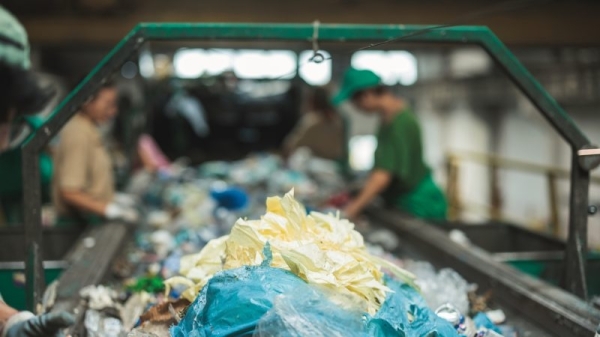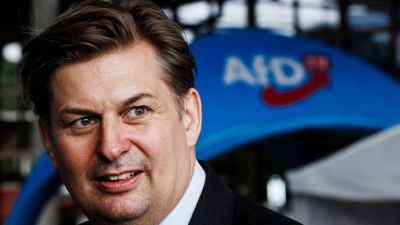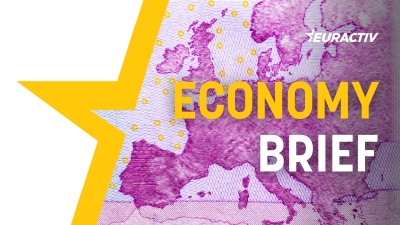EU Parliament approves new rules to reduce, reuse and recycle packaging

European Parliament voted by a large majority on Wednesday (24 April) to approve new rules to reduce packaging waste, partly by promoting the reuse and recycling of certain packaging types.
The rules rubberstamped by the Parliament were negotiated and agreed with national governments in March 2024 and include targets to progressively reduce packaging (5% by 2030, 10% by 2035 and 15% by 2040) and require national governments to focus in particular on the reduction of plastic packaging waste.
In 2021, 84.3 million tonnes of packaging waste were produced in the EU, corresponding to 188.7 kg per inhabitant or 11 kg more than in 2020.
Single-use bans
From January 2030, single-use plastic packaging will be banned for unprocessed fresh fruit and vegetables, food and drink served in cafés and restaurants, and individual portions of condiments such as sauces, cream or sugar. Miniature toiletry packaging will also be banned in hotels, while very lightweight plastic bags will be forbidden in shops.
In addition, the directive limits the presence of ‘forever chemicals’, also known as PFAS, in packaging that touches food.
Recycling
From 1 January 2030, most packaging sold in the EU must be recyclable and will be categorised in terms of its ‘recyclability’ level.
90% of single-use plastic and metal beverage containers below three litres must be collected for recycling, although wine, spirits, milk, and dairy products are excluded from this obligation.
Packaging will have to display a label informing users of the packaging’s content, with a four-year grace period.
Exemptions
The new rules do not define specific reuse and refill targets for food takeaway.
Contacted by Euractiv, Marco Musso, Senior Policy Officer for Circular Economy at the European Environmental Bureau, expressed his disappointment that “the European Parliament surrendered several times to the loud pressures of the throwaway lobbying” and called the derogation “reckless and unjustified”.
Hotels, restaurants and cafés that sell beverages or prepared foods for immediate consumption will still be able to use takeaway packaging. However, they must set up systems whereby consumers can bring their refillable containers.
The rules also give the European Commission the power to establish additional exemptions.
Implementation
National governments must now give final approval for the text to enter into EU law.
In its press release, the Confederation of European Paper Industries stated that “the packaging industry and its many customers will need to work hand in hand with local authorities in charge of implementing the legislation, notably on the collection of recycling materials, a critical factor in increasing the EU’s recycling rate.
However, for Francesca Stevens, the Secretary General of EUROPEN, which represents the packaging industry value chain, particular attention must be paid to enforcing the new rules at level.
In her press release, she said, “We will also need to be ready to address potential challenges linked to the adoption of complex secondary legislation and new national laws introducing more market barriers.”
Read more with Euractiv




